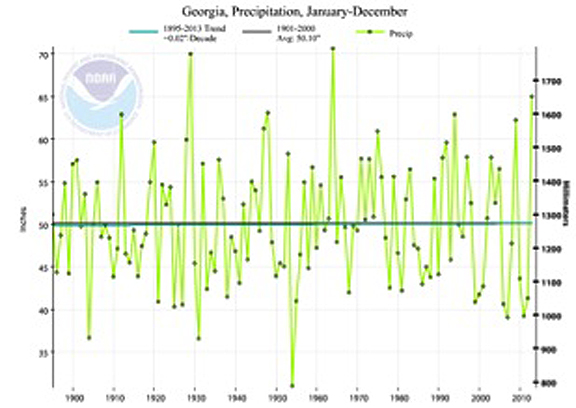 CAES News
CAES News
2013 Weather Recap
With 65 inches of rain observed statewide, conditions in Georgia were much wetter than usual in 2013. The state as a whole received its third largest annual total precipitation since state records began in 1895.

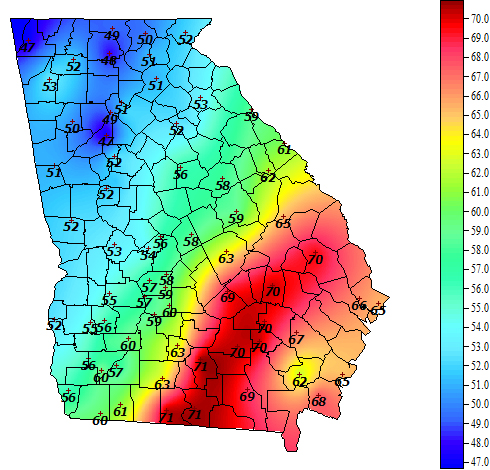
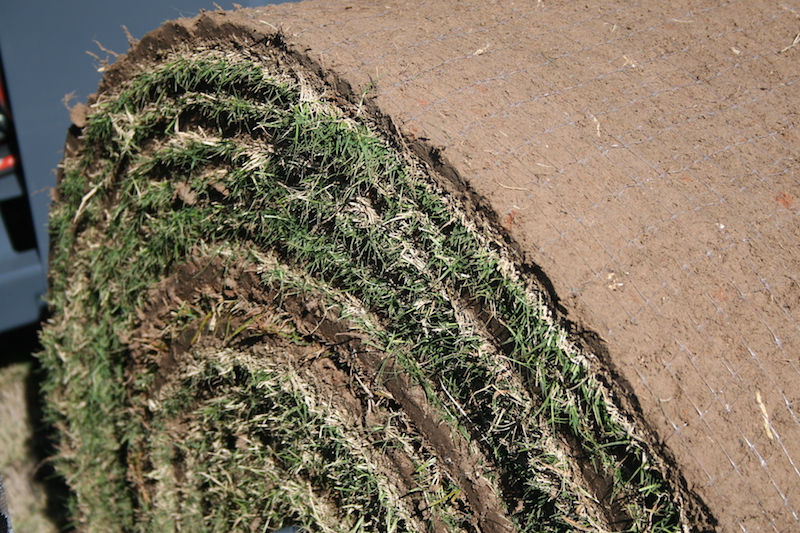
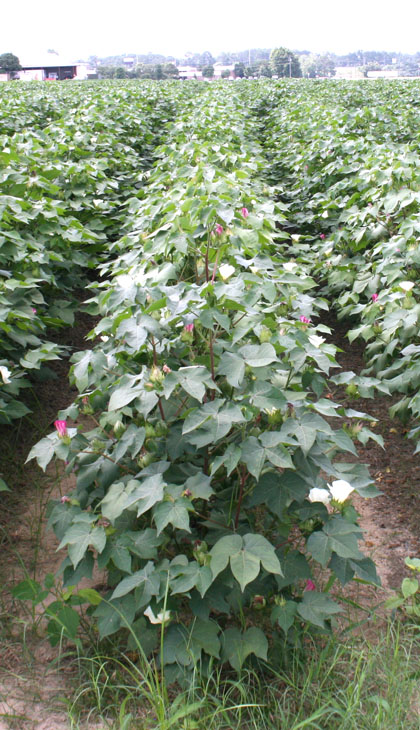
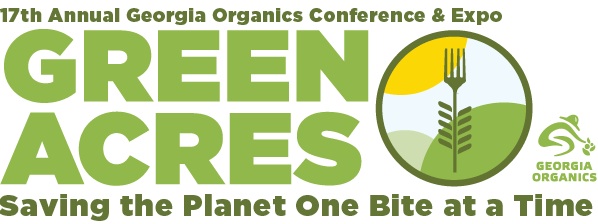
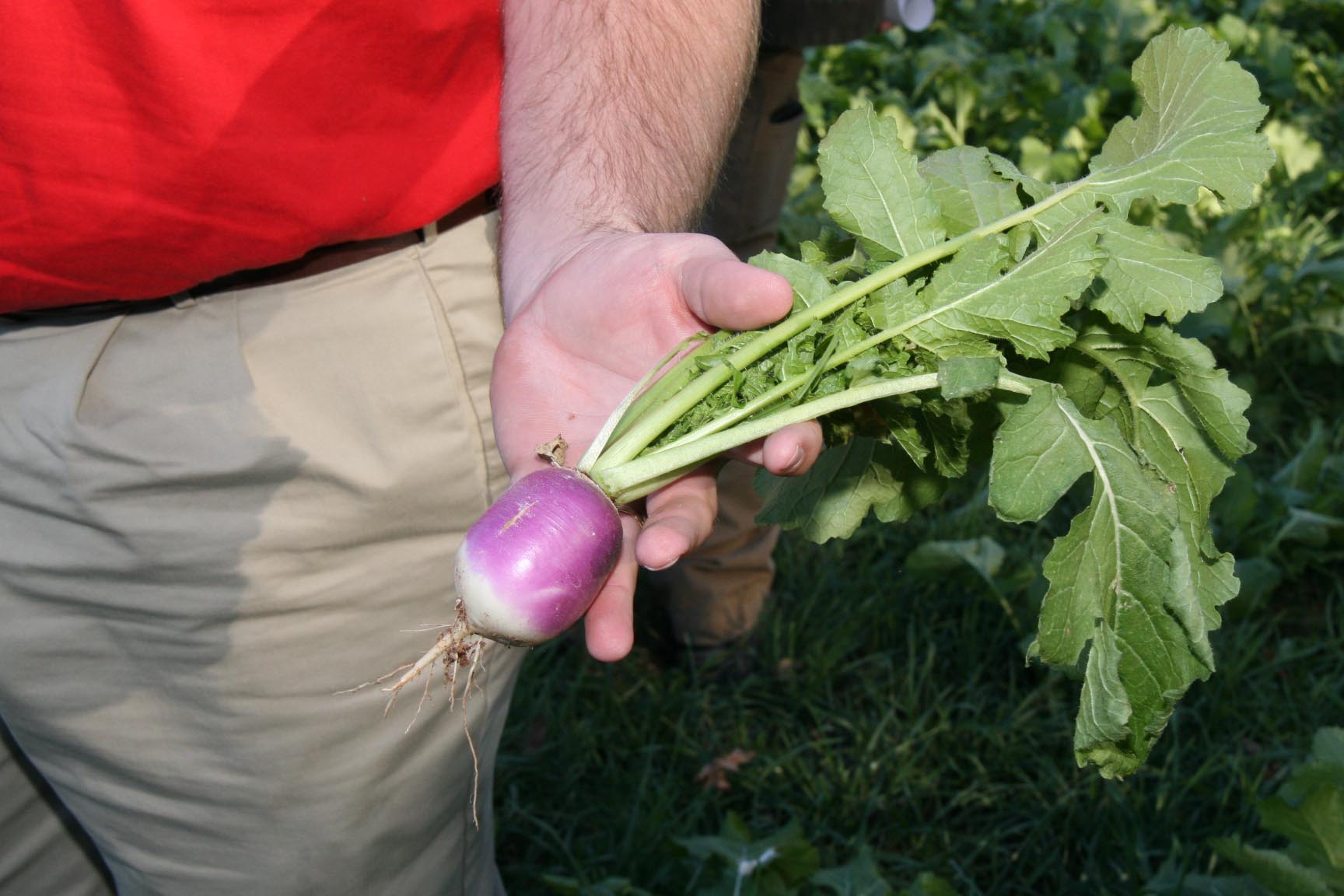
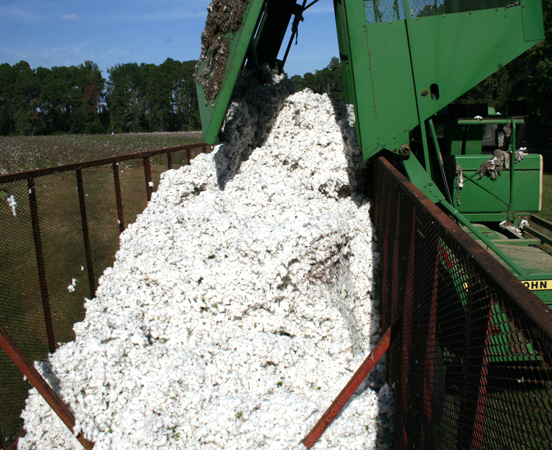
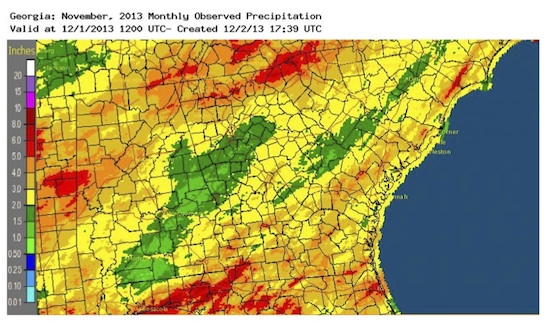
.jpg)